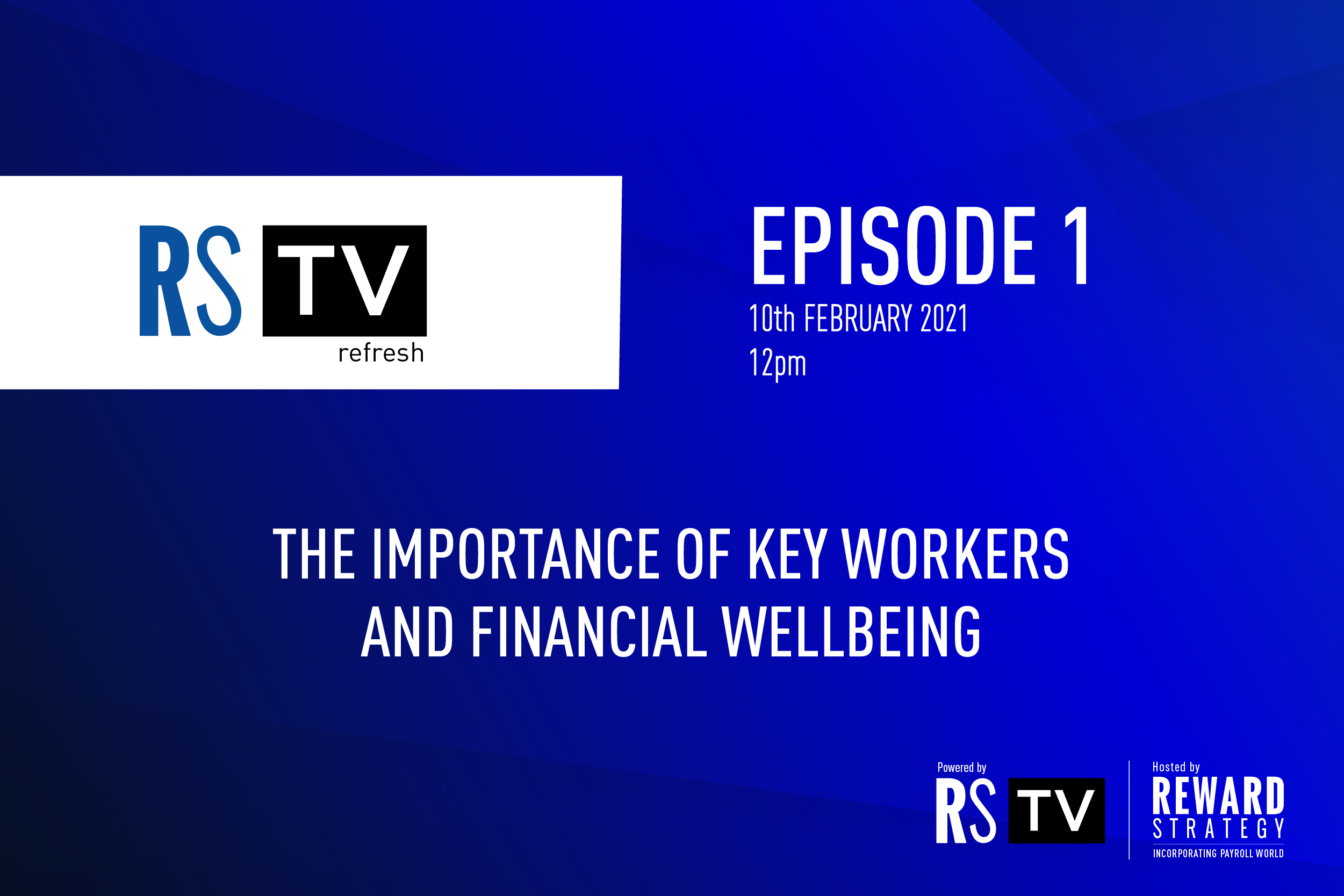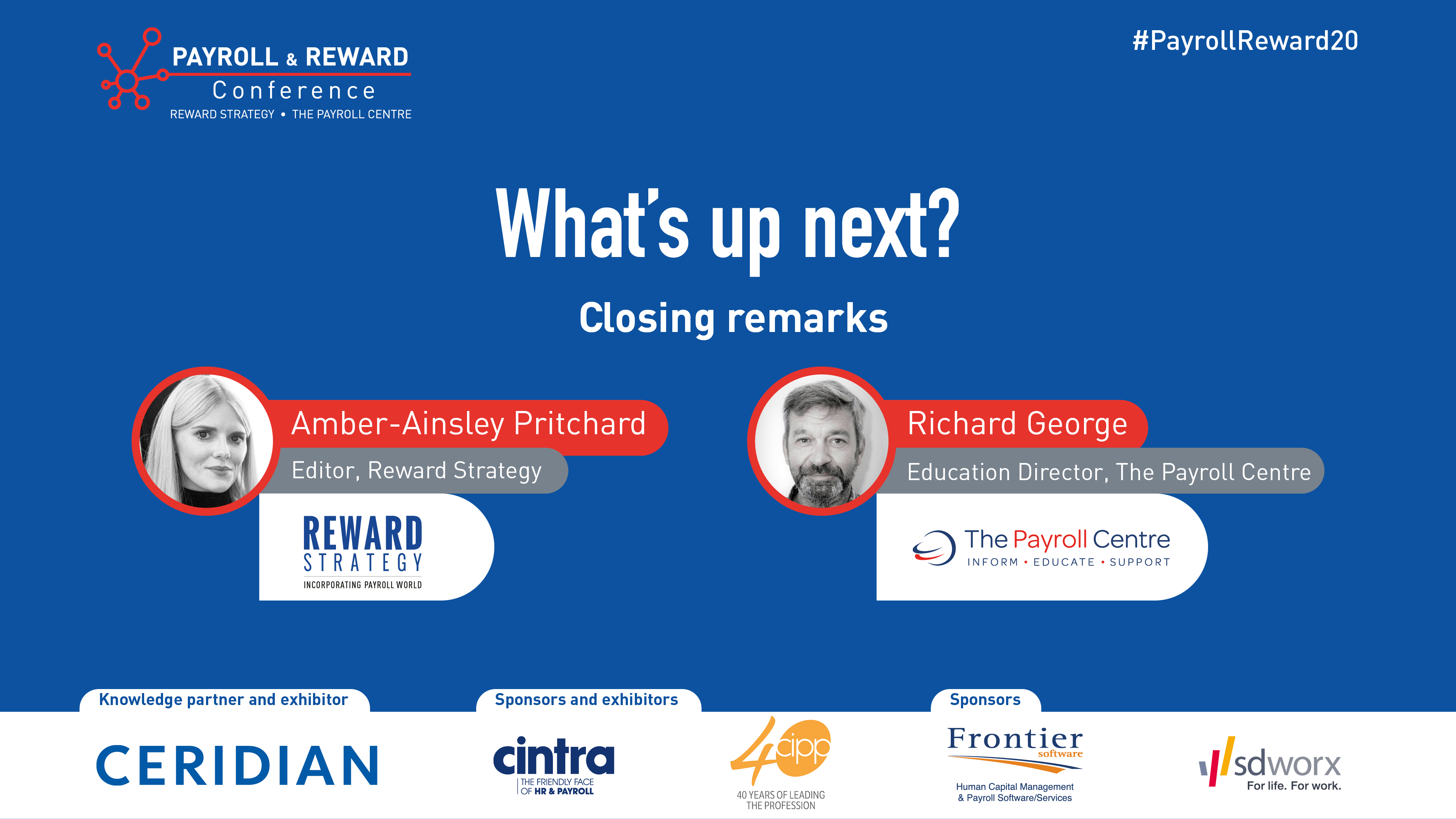Should we all take August off?
Yes, says Bruce Fecheyr-Lippens, Chief People Officer at SD Worx, who argues businesses should follow the European example

UK employers lead Europe in workplace trust, but our research shows a culture of guilt around taking time off persists among employees.
38.9% of Brits feel guilty when taking time out. A third find it hard to relax when not working. The French, famed for putting on their OOOs in August are also on a par with Brits when it comes to feeling guilty.
This raises questions around how professionals approach rest and recovery. Also how employers can support vacation time. Particularly in August.
If elite athletes take breaks to recover, why shouldn’t employees? We spoke with the world’s number one women’s cycling team SD Worx-Protime where riders take three-to-four week break from the bike at the end of their season. It’s a period of full rest, and they come back stronger. Professionals should be encouraged to do the same.
For individuals, rather than rejecting work-related thought when on holiday, you can take a balanced approach. Reading articles which inspire you or having topical conversations on the beach.
But the key is to step away from day-to-day operational tasks. Giving your mind space to recover.
Society can make us feel we need to be always ‘on’, but individuals must break that cycle. If your employer trusts you, take it at face value. Give your job 100% when you’re working but also give 100% dedication to your time off, and don’t feel guilty for taking breaks. That’s what sustainable performance looks like.
Yet, employers need to plan. Customer experience comes first. Big businesses can manage longer holidays stints at different times. Still keeping expected service levels (balancing customer + colleague needs).





